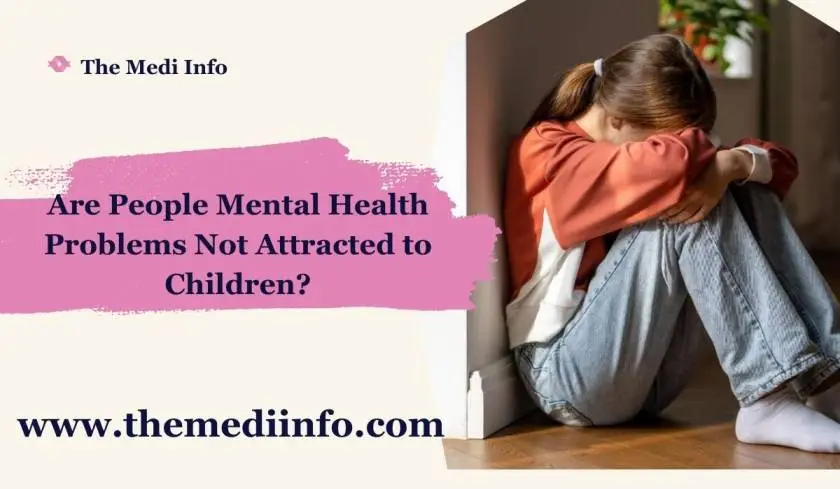
Posted on November 9, 2017 by Jamie Floyd
For caregivers, the approaching holiday season can bring with it a flurry of emotions – not all of them positive. If you are one of the 39 million caregivers in the United States, here are some tips to help you cope with the emotional ups and downs of the season.
Know that you are not alone
As a caregiver of an older person, you may experience a great feeling of loneliness that comes from being isolated from others due to the responsibilities of caregiving. It can seem as if no one understands your role as a caregiver and you are alone in the role with all of the daily responsibilities. It is very “real” to feel alone, especially around Christmas. Know that this feeling is valid. It helps to reach out to someone who is in a similar situation. They are likely to be feeling lonely, too. Talk on the phone, text or email each other daily. Make a pact to shore each other up through the holiday season. Be sure to connect with someone other than the person for whom you are caring.
Acknowledge anger – and let it go
Long lines at the mall, no parking spaces and too many items on the to-do list can bring out anyone’s inner Scrooge. Hey, we all can get angry during the holidays, right? Bah humbug! As a caregiver, your anger may be related to grief and loss. Your roles have changed, your responsibilities have grown when they were supposed to diminish and your burden is heavier. In the meantime, the whole world around you seems merry. If you feel anger, use it as fuel to take action. Call a friend and talk about it. Say it out loud, “I am angry right now because I cannot decorate this house. I don’t have time.” Identifying the feeling and taking control of the situation can help curb the anger. I know a woman who cleans closets and drawers to help blow off steam. Some folks go for long walks or bike rides. Take care of the anger in a positive and healthy way, starting with acknowledging it and getting it out.
Seek out social interaction
One in four people may experience depression during the holiday season. The top factor contributing to this is social isolation. Because of the demands of caregiving, you undoubtedly experience a heightened degree of social isolation. Caregivers often report that their circle of friends has shrunk to one or two. Adult children are too busy to visit or travel home. Social and spiritual outlets are hard to access due to the demands of caregiving. Give yourself permission to be sad while making it a priority to find ways to have social interaction. Call a friend or family member and ask them to visit. If you are invited to dinner or an event and are able to attend, then go. Many caregivers fall into the trap of declining invitations to the point of not being invited in the future. You will be giving yourself and the person in your care a gift by finding social outlets to help you stay mentally healthy.
Embrace new traditions
With caregiving come many changes. If you are an older adult caregiver, the additional changes in life roles, traditions and abilities may add to feelings of grief and loss. Acknowledge those feelings while looking for opportunities to change your roles and establish new traditions. If you feel up to baking all the pies like every Thanksgiving before, don’t let anyone take away that joy. I know of one family who realized how overwhelming big crowds of boisterous children had become for their aging parents. So, they divided up the visits over the course of a week and actually had more quality time together. Give yourself permission to create new traditions. Remember, all traditions were new at one time or another!
As a caregiver, there may come a time when full-time caregiving is no longer the solution for you or the one in your care. Give yourself permission to consider additional options for care.
Related Post
 13
13 Dec
Are People Mental Health Problems Not Attracted to Children?
Are People Mental Health Problems Not Attracted to Children? As per a concentrate by the College of Michigan's Wellbeing Lab, upwards of 1 of every 7 youngsters in the US are at present experiencing an undiscovered treatable emotional well-being issue. Remaining.
Read More 02
02 Dec
Does Ambetter Cover Virtual Mental Health Visits in Georgia?
Does Ambetter Cover Virtual Mental Health Visits in Georgia? Ambetter from the Peach State Wellbeing Plan serves underprotected and uninsured populations through Georgia Access. Ambetter from Peach State Wellbeing Plan is endorsed by Ambetter of Peach State, Inc., which is a.
Read More 18
18 Nov
Is There a Good Place to Stop Leveling Health Skyrim?
The blemish in Skyrim's evening out framework is by they way it grants capacity to the player, and capacity to the players resistance through unequivocal means. For instance, by work in abilities. Is there a good place to stop leveling health.
Read More 06
06 Nov
What Type of Cancer Did Morgan Spurlock Have?
Morgan Spurlock, the producer and previous CNN series have whose McDonald's narrative Super Size Me was selected for an Institute Grant, passed on from disease confusions Thursday, as indicated by his loved ones. What Type of Cancer Did Morgan Spurlock Have? The.
Read More